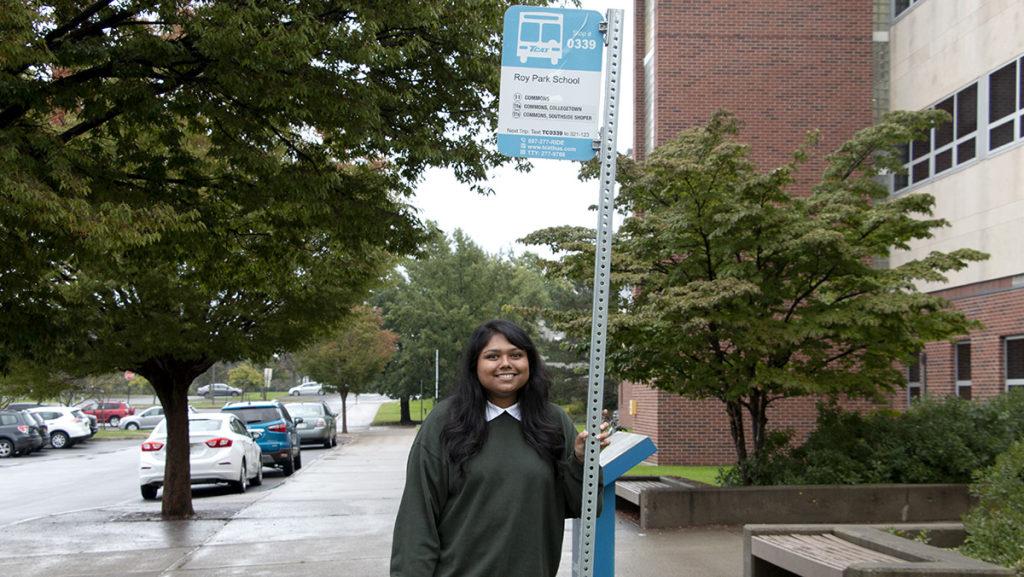When I visited my friend who was a student at Rutgers University, we got around using the campus bus system. Knowing the charges for New York City subways, the San Francisco Caltrain and the Chicago Transit Authority, I scrambled through my wallet, trying to find a few dollars to cover the cost. While doing so, I asked my friend “How much is the bus?” She responded, “It’s free.”
I could not believe it.
Public transportation should be free for city residents and the students attending colleges or universities in the area. Rutgers University has a bus system that is not only free but runs from 6 to 3:30 a.m. Monday through Thursday and for 24 hours a day Friday through Sunday. This allows for convenient rides to classes, restaurants, grocery stores and more. This also allows students to not feel pressured to spend money on a car and gas knowing that there is a reliable bus system to take them where they need to go. I know students on other college campuses that have expensive or unreliable public transportation systems, and they felt obligated to spend money on a car that they are still paying off post-graduation. This is something that is hard for them to do especially with an entry-level salary.
Before I had a car on campus, I was dependent on my friends who did have cars, on Uber and Lyft drivers, and the Tompkins Consolidated Area Transit (TCAT). There are so many colleges that have free public transportation systems that run 24 hours on all seven days of the week because of college being expensive enough and putting safety first to get students back to their homes. Ithaca is a town that has many steep hills that make it especially hard for those with disabilities and those who have anxiety when it comes to public transportation. Also, a lot of people say to those who don’t have cars, “Why don’t you just walk?,” when some people cannot physically do so.
It’s hard to travel around Ithaca without a car. I remember during my first year at Ithaca College, I had a friend who was sick and desperately needed to get to a drugstore. I ordered a ride from Uber to help her get the medications that she needed, only to not find a car ride back home from either Uber or Lyft. There were no rides available and I could not find a TCAT bus. It took an hour of refreshing the Uber and Lyft applications on my phone to finally find a ride that would arrive at the drugstore in 20 minutes and take me back home.
I understand that creating a free public transportation system will raise taxes in cities. However, I would rather have the cost of public transportation factored into the taxes that I pay, rather than paying on the spot. This can avoid the long lines for public transportation and keep people from fishing for loose change at the bottom of their backpacks for the $1.50 TCAT fee. As for college students, a bus pass for the time they are here would be helpful, too. Cornell University students can get free TCAT rides after 6 p.m. on weekdays, and anytime on Saturday and Sunday. Shouldn’t Ithaca College students get that same privilege? Students at the college sometimes feel isolated and stuck on campus, so having the same TCAT benefits as Cornell students would push them to go out after classes and on weekends without hesitation.
There are many benefits to having free public transportation. One bus can replace approximately 40 cars on the road. Global warming is a huge issue today, and it is especially caused by the amount of greenhouse gases that are released into the atmosphere. Having public transportation that is free can help eliminate this. Free public transportation can also help cut the costs of buying a car and paying for gas. At the same time, free public transportation that runs at all hours avoids the uncertainty of finding a ride through an app and allows students to feel safe knowing there is a reliable public transportation service running in the area.














